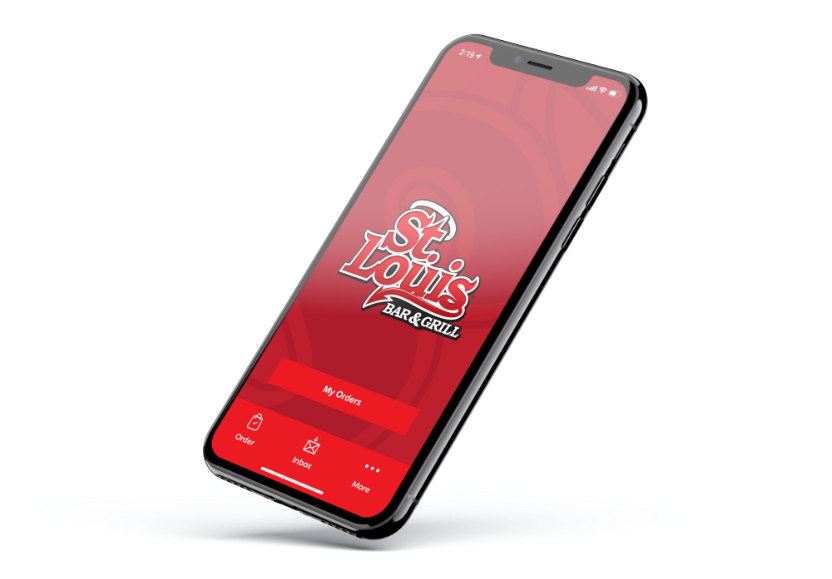As a potential franchisee looking to get started in the business, the prospect must seem exciting and full of opportunity. There’s a reason for that, as franchise models have a proven track record of success that can be translated and duplicated the world over. Here in Canada, franchisees have loads of opportunities to build their wealth portfolio, and expand their roster of owned locations as they become smarter and more experienced.
On the flip side, franchisors have a lot to think about when considering whether to work with a potential new franchisee, or not. From their point of view, the franchisee is an investment, and they will expect the appropriate ROI in return. When the two work together, both franchisor and franchisee can benefit massively from the resulting growth. Before that happens however, these are the things that franchisors are thinking about, behind the scenes.
WHAT IS THE FRANCHISEE’S CHARACTER?
This is a big one, and potentially far more important a question than whether they can afford the costs related to startup. If a franchisee isn’t willing to play ball right across the board, that can spell significant headaches moving forward. A telltale sign of a good franchisee is their willingness to work within an established system. Always remember that franchising is about consistency, and there’s no room for showboaters or narcissists who think they can sidestep the rules. Branding, training and menu guidelines need to be adhered to, without question. If the franchisee is giving off a rebellious vibe, that signals potential damage to the company brand. As a franchisee, your job should be to know the limits, play within them, and enjoy the opportunity for growth and prosperity.
CAN THE FRANCHISEE AFFORD STARTUP COSTS?
As with any business, startup costs need to be factored in before ground is cut, and the signs go up. This may seem like an obvious question, but there’s a little more to it than simply determining how much money is in the franchisee’s account. Initial startup costs and licensing fees are just one part of the equation. Franchisees need to be able to float 3-6 months without issue as the location gets on its feet and attracts customers. Plus, the unexpected will arise at equally unexpected moments, and that can cost money. Personnel changes, price hikes and lack of optimization in the day-to-day routine can all affect the bottom line. Franchisors will be looking at whether the franchisee has the cheddar available to navigate those challenging first few months. Consequently, franchisees need to be smart, plan ahead, and have enough reserves to keep things going until the business does backstrokes through the black.
WILL THE FRANCHISEE HAVE TROUBLE WITH ONGOING COSTS?
Many franchisees enter the field, open their first location, and have such a positive experience that they end up opening several more. Success can quickly multiply, limited only by their ambition, determination and enthusiasm for the business. However, that doesn’t mean it can’t go bad one day. Franchisors are going to ask whether a franchisee is willing to stick with the obligatory license fees and operational costs that come with running a location. Most of these issues will be nipped in the bud before the ink goes dry on the contract. Franchisors will (or at least, should) clearly describe what the franchisee is getting in return for paying these fees, which effectively equate to a leapfrog over many of the initial difficulties that come with starting a business from scratch. As they move forward, renegotiations may take place, but it’s important for franchisees to remember that they’re getting top shelf quality for what they’re paying out in fees. It’s a win/win.
IS THE FRANCHISEE TRULY A TEAM PLAYER?
Franchisors are going to ask themselves whether the franchisee in question is really willing to play ball, for the long haul. Many franchisees may walk into a meeting with a franchisor with a laundry list of conditions and demands, but that’s a surefire way to get passed up. Franchisees should be careful when it comes to first impressions. If you’re enthusiastic about the opportunities that come with owning a franchise, then make it known. If you’re juggling between opening a franchise location, or going it solo with your own establishment, then it’s best not to bother in the first place. Franchisors who get a whiff of this may decide it’s not in either of your best interests to pursue a contract. It all starts with perception.
Franchisors are looking to expand their operations, and their brand influence by partnering with smart, clever and positive-minded franchisees. Usually it’s a great fit, but sometimes it simply doesn’t pan out. Set feelings aside, and think pragmatically. Franchisors may have a change of heart, and franchisees may well end up being sold on a great idea.
For more information on how to start franchising with St. Louis Bar & Grill, get in touch with us today. You’ll love what our franchising model has to offer.


